A resource for men and all people interested in social equity in audio
Women in Sound includes All women, non-binary genders, LGBTQIA people, and people of colour (we also point you to this fantastic website White Accomplices)
We are often asked ‘How can men proactively support gender equality in the audio industries?’ We’ve put together a list of concrete actions you might take.
These recommendations are for people working in education, industry, audio production and other related fields.
They are summarised under three action headlines:
● Collaborate – offering support to the feminist collectives who are already helping girls and women in sound. Adopting new interventions. Also, understanding and addressing unconscious bias.
● Perspective – doing your own research, checking your assumptions, and recognising that women of colour are subject to a double hit of bias due to racial discrimination
● Changing environments – creating environments that are truly fit for purpose.
We invite you to make an #audioequitypledge:
● Read this document and identify three or more interventions that you would like to make to supporting women in sound
● Post this document on your website/blog with a summary of your interventions using #heforshe and #audioequitypledge
● Post an update six months later.
Please do something, because if you’re leaving this work to a few (almost always women), then you are part of the problem.
Collaborate
Identify and offer support to groups/collectives/non-profits
To be supported but not in a way that that seeks to promote your own organisation: Identify groups that are already supporting women and ask what kind of help you can offer.
Examples include:
Volunteer your time and expertise for background administrative support:
- website management
- managing business accounts
- undertaking administration around workshops and workshop feedback
Undertaking advocacy work (especially if armed with data about what specific organisations have accomplished, highlighting what they need in order to further their work)
Paying for consultancy on diversity and inclusion
Amplifying work on social media
Checking if your organisational values align with the values of an organisation that you wish to support (before putting them in a position of explaining that it isn’t a good match)
Aurélie Salvaire’s book Balance the World: Tactics to help you launch a gender revolution offers many really great examples and resources.
Perspective
Check Unconscious Bias
Understand your own implicit/unconscious bias; that you may be inclined to hear some voices more clearly than others. Implement unconscious bias training
Understand the various types of unconscious bias: conformity bias, beauty bias, affinity bias, the halo effect, the horns effect, similarity bias, contrast effect, attribution bias, and confirmation bias, and others
If hiring, check that you have a qualified and diverse team looking at resumes. Look at diversity in your organisation and take steps to build a diverse team (non-binary, women, people of colour, people with disabilities)
Seek to anonymise the application process where possible.
Doing this with integrity means centring others – listening mindfully while checking your goals and assumptions.
The Audio Engineering Society is making proactive steps on diversity, and welcomes new members to its Diversity and Inclusion committee.
Listen
Listen to experiences of marginalised groups when they provide examples of what marginalising behaviours look and sound like
Centre women by listening to our values and experiences, but especially women of colour. Listen, and keep listening without debating, diminishing or deflecting. Just listen. Really take the time to digest each lifetime of experience and insight if you want to centre women in the process of supporting change.
Relieve the burden and contribute to proactive social intervention
Don’t make women responsible for addressing gender. We need to work together to shape change:
Open your studio and employ female sound engineers to deliver workshops for girls in partnership with an organisation like the Yorkshire Sound Women Network and SoundGirls in particular are always looking to partner for workshops, and to provide internships
Offer internships specifically for women (employ consultants to advocate that you are providing an environment that is suitable to all people). The Women’s Audio Mission offer some good examples but you don’t need to be an all-women organisation to do this
Set equity targets i.e., to be recording an equal ratio of female artists, works by female composers, and working with sound engineers by a specific date. You might subscribe to the PRS KeyChange initiative. Huddersfield Contemporary Records at The University of Huddersfield have done this. See this excellent statement and commitment from Professor Aaron Cassidy.
Wear the T-shirt – literally! The Women’s Audio Mission, SoundGirls, Gender Amplified and Beats By Girlz sell their T-shirts. Help normalise and advocate for diversity in audio
Provide allyship and bystander training for staff.
Changing Environments
Understand how to create supportive environments for women
Make sure your physical environment is welcoming to all people. See this paper on feminist hackspaces or ‘Barriers to women’s involvement in hackspaces and makerspaces’by Dr. J Lewis.
Consider how your environments are biased towards certain groups – perhaps find diverse images of women in sound for your studio walls and remove images of musicians who are associated with sexism/racism. Imagine a space full of images like these from the female:pressure Tumblr!
Think about who you want to come to your events and support them:
Ensure that the venue is physically accessible by all people
Institutions are employing more men, so provide grants for self-employed people who are not funded by an institution (i.e., University academics are funded and independent practitioners and scholars are not)
Understand the barriers around childcare (offer funding to cover childcare and access to gender neutral baby changing facilities)
Be a responsible host (understand what marginalising behaviors are and be ready to address them – examples include everything from misogynist or sexist behaviours, through to constant overtalk and interruptions)
Make sure you share your events with Women-Led Organisations, inviting their members (and listening carefully to their feedback). You can find a few of them here
Work collaboratively with venues, clubs, studios, festivals, journals that subscribe to an inclusive agenda
Look for and/or insist on an explicit anti-harassment statement that is welcomed by the community that you support. Help draft it and work with others to check it is inclusive for all. This challenging work needs a robust, resilient, and diverse community. See this example from The Seraphine Collective
Women often know they will be a minority and this is exhausting
Conferences – don’t comment on someone’s gender, take interest in their work
Support people online, not only when they are diminished or marginalised for no other reason than gender, but also to bring out their positive contribution.
Education: create intelligent, inclusive environments for learning
Reflect on approaches to teaching and learning. From a young age, girls seem to be more socialised to collaborate, so integrate more problem solving, communication methods, and peer learning tasks into music technology education. Erin Barra’s Beats By Girlz lesson plans are great examples of this, and they encourage collaborative learning
Be demanding as all students can become experts. If you teach a minority of girls (who are also less confident), create environments that build up their confidence but also don’t shy away from being demanding. Evidence suggests that those girls will need to be confident and to prove that they have excellent technical knowledge (see unconscious bias) – and anyway, knowledge is power
Support the least confident. Notice where less confident students aren’t contributing, take the issue seriously and consider why this might be happening. Perhaps some students need other (more private) opportunities and spaces to feel comfortable to take risks and make mistakes, because they may not have had the same opportunities to work with technology in the past, or because they have been pushed away by other more confident learners. Some students may just need more assistance with working their way back into practical collaborative projects where they need to feel confident in order to be more assertive with peers
Provide equal visibility of women and especially women of colour. Just because we know about Björk, Delia Derbyshire, Wendy Carlos and Mandy Parnell we can’t simply assume that some kind of gender balance has been achieved. This is tokenism, and it is a big part of the problem. Help to address this by inspiring young people to understand that the default identity of a music producer is not a white man.
See the websites: ManyManyWomen , shesaid.so, female pressure, Her Noise Archive and SoundGirls Profiles. This also means visibility in literature. When you claim a social study of studio practice which includes a particular demographic, acknowledge it and make it clear
Employ women. Advertise roles in the right places and make proactive inclusion statements in the advert. Provide clear opportunities for prospective applicants to contact you directly for further information about the role. Think carefully about how to bring female experts into education. If you find that women aren’t applying for particular roles, undertake consultancy and ask why this may be.
In Higher Education, seek out people you can invite in to deliver guest lectures/workshops/supervisions. Some may be part-time university academics also working in live electronic music, or in a studio, or in other areas of sound – so look beyond your network, and beyond conventional academia where possible. This helps to bridge the divide between self-employed artists and academia, and provide pathways for women to have the option of engaging in academic practices
Invite conversation. Talk with colleagues to check what your institution is doing to engage students who may have experienced discrimination and, if necessary, seek consultation from staff at other institutions who are clearly addressing this well. Some institutions have called meetings with students, then set up women led or feminist groups supported by staff (i.e., Steinhardt NYU) and some work collaboratively with industry bodies such as The Audio Engineering Society (i.e., University of York #HEFORSHE)
Learn a bit more about how gender informs place and space making across our music industries
Homework: Read Sam De Boise’s Men, Masculinity, Music and Emotions and other literature on music/sound/audio/electronic music and gender
Understand the statistics by reading academic articles and education research, and drawing on websites of all-women groups. Try to avoid asking women to explain it – because this is exhausting and the resources are all available. There are some excellent resources on the Gender Research in Darmstadt website
You Can’t Be What You Can’t See. Challenge the media representation of women in sound and music. Women do not see themselves in the trade magazines, in panels at conferences or in advertisements. Digico ran a fantastic ad campaign last year called Excellence Exposed which featured a diverse group of women engineers in both their ethnic backgrounds and musical genres.
SoundGirls has a monthly feature profile of women in audio to offset this, and all their tri-weekly blogs being written by women.
Other initiatives include the PSN Europe Women in Audio podcast.
These are just a few recommendations and the issue is much more nuanced and layered, however, we’re asking you to make a start by stating your pledge. Be proud that you are a part of this important audio industry initiative.
This battle will be won by men championing diversity, standing shoulder to shoulder and making a difference together. #audioequitypledge #heforshe
Further recommendations and guidance can be found here: How Men Can Be Allies, Sexual Harassment and More Inclusive Industry Here.
Co-ordinated by Dr. Liz Dobson and written in collaboration with: The Audio Engineering Society, Mariana Lopez of University of York Big Bear Audio, SoundGirls, The Yorkshire Sound Women Network, and The University of Huddersfield
Together we offer this, our #audioequitypledge
The Yorkshire Sound Women Network
-
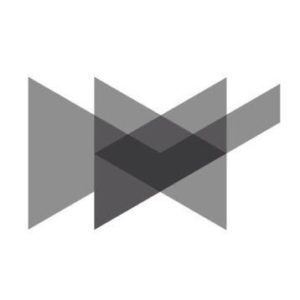
-
Yorkshire Sound Women Network
-

-
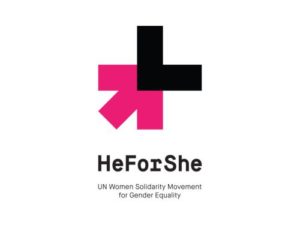
-


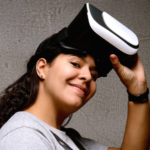

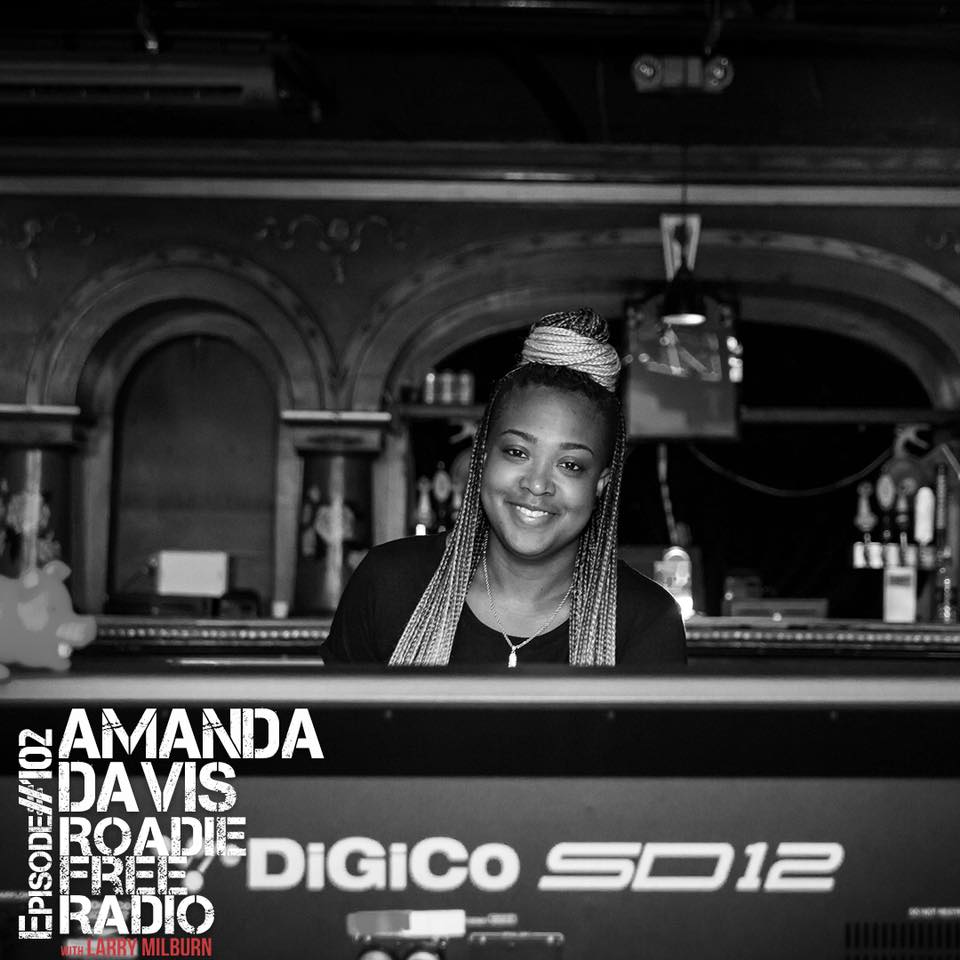
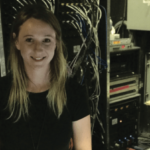




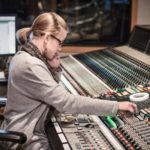


 Ann Mincieli On ‘She Is The Music,’ Jungle City, Drake, Alicia Keys & More
Ann Mincieli On ‘She Is The Music,’ Jungle City, Drake, Alicia Keys & More